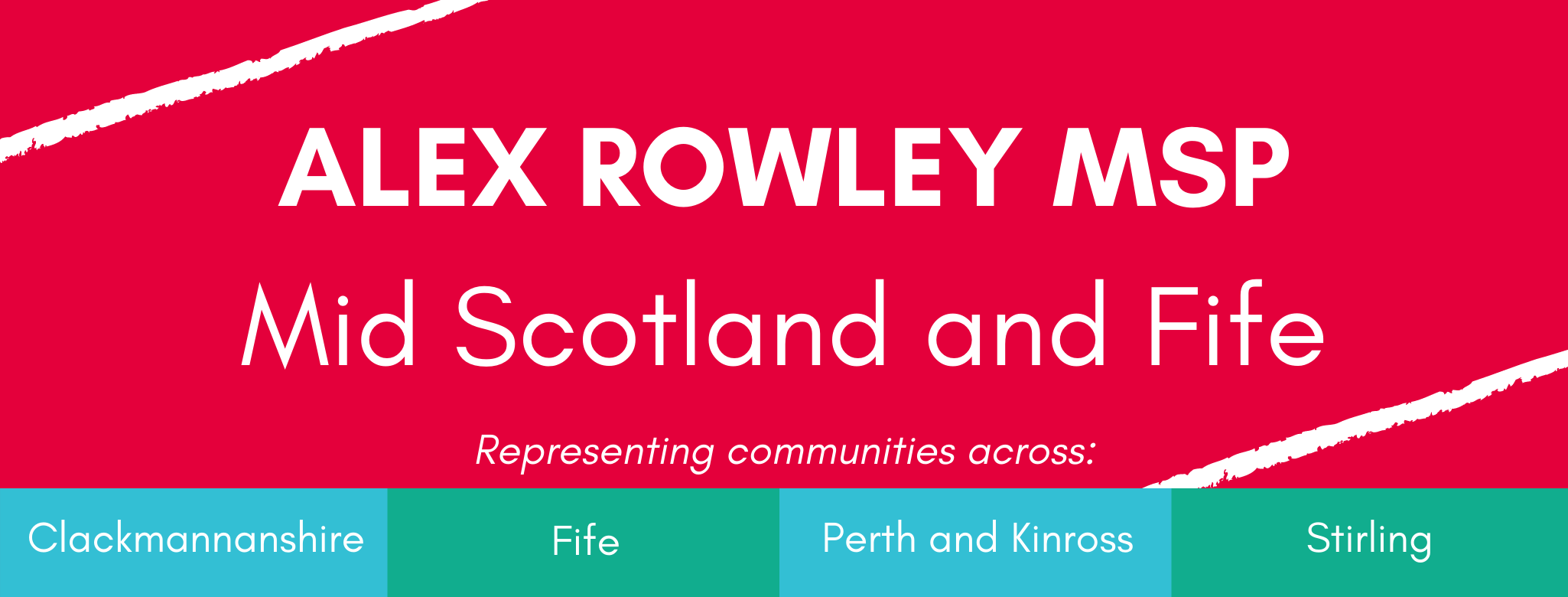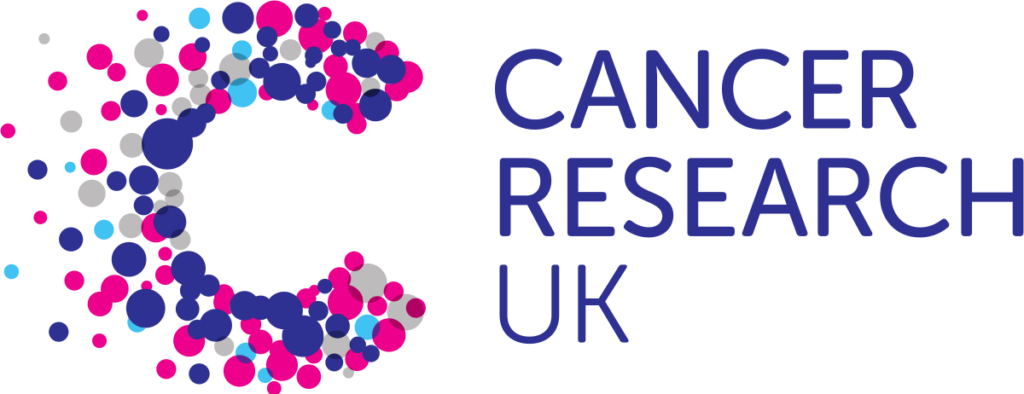Cancer Research UK have been in touch with all MSPs to provide the following briefing ahead of World Cancer Day.
A motion has been raised in the Scottish Parliament and a debate will be taking place.
The debate will take place on Thursday 1st February following First Minister’s Questions.
World Cancer Day – February 4th 2018
| · One-in-two people will be diagnosed with cancer at some point in their lives.
· Around 31,700 people are diagnosed with cancer in Scotland every year. · Yet 4 in 10 cancers could be prevented by actions like not smoking, keeping a healthy bodyweight, cutting back on alcohol, eating a healthy balanced diet, keeping active and enjoying the sun safely. · Scotland has often led the way on the prevention agenda, pioneering the smoking ban and minimum unit pricing of alcohol. · With World Cancer Day around the corner (4 February 2018), Cancer Research UK wants to raise awareness that more can and must be done to help reduce the number of preventable cancers in Scotland. |
Smoking prevalence amongst adults in the UK continues to fall. But rates in Scotland remain higher than England.[i]
- Although smoking is most often associated with lung cancer, heart and respiratory diseases, there is significant impact on wider cancer burden, with smoking linked to at least 13 other cancer types.
- Smoking is a greater cause of health inequality than social position. Smoking prevalence is still close to 40% in some groups in Scotland, and smoking is responsible for half the difference in life expectancy between those from the most and least deprived backgrounds.[ii]
- This underlines that without reducing smoking prevalence in the most deprived groups (as well as reducing the number of smokers overall), policies designed to reduce health inequalities will have limited success.[iii]
Smoking cessation services are an important tool to reduce smoking prevalence
- We support ASH Scotland’s view that stop-smoking services should be seen as a form of preventative medicine.
- NHS stop smoking services are successful at reaching people from the most-deprived communities helping to address the lower success rates for quit attempts in these groups.[iv]
We need a revised and strengthened tobacco strategy
- CRUK CALL: A new strategy should engage experts in agreeing key priorities and setting new targets for achieving the Scottish Government’s “endgame” target of <5% prevalence by 2034. It should also:
- Include actions that are fully realisable and evaluated.
- Maintain the tobacco control budget at current levels across the 5 year lifetime of any new strategy.
- Be published alongside the Scottish Government’s evaluation of the Scottish Tobacco Retailer Register to inform policy development.
Evidence so far shows e-cigarettes are much less harmful than tobacco cigarettes and may help smokers to cut down or stop smoking.
- Cancer Research UK believes a balanced approach is needed towards e-cigarettes – one that maximises their potential to help people stop smoking, whilst managing the risks of unintended consequences that could promote smoking.
- E-cigarettes are one of the most popular tools for smoking cessation in Scotland. However, the most effective method has been shown to be the combination of behavioural support combined with prescription medication offered by Stop Smoking Services.
- Cancer Research UK recognises the significant potential for e-cigarettes to help smokers move away from tobacco.
- Currently, stop smoking services do not currently integrate e-cigarette use into its smoking cessation programmes.
- CRUK CALL: To maximise e-cigarettes potential to help smokers quit tobacco, stop smoking services should integrate e-cigarettes us into their programme
- We are increasing our investment in e-cigarette research and promoting the development of a prioritised research agenda to help inform smokers and policy-makers looking to reduce the harm from tobacco.
- With further research we hope to be better able to assess their effectiveness as quit aids and their impact on health.
Obesity is the single biggest cause of preventable cancer after smoking – yet public awareness is low:
- Being overweight or obese is the single biggest risk factor for cancer after smoking in Scotland, and is linked to 13 types of cancer. This includes some of the most common cancers – including breast and bowel – as well as some of the hardest to treat – such as pancreatic and oesophageal.
- Yet, Cancer Research UK polling suggests only a quarter of Scottish adults are aware that being overweight could cause cancer[v].
- Scotland’s levels of overweight and obesity are the worst in the UK, and among the worst in OECD countries.[vi]
- 65% of adults and 29% of children in Scotland are overweight or obese.[vii]
- In addition to the health impacts of obesity, the economic cost of obesity is huge.
- Overweight and obesity in Scotland has been estimated to cost the NHS up to £600 million a year. Once wider economic impacts are taken into account, costs to Scottish society are estimated to be up to £4.6 billion per year.[viii]
That is why Cancer Research UK is calling for further action on tackling obesity in this parliamentary term:
- The Scottish Government has launched a consultation that contains a range of population wide measures to tackle obesity in Scotland.
- The strategy should include a focus on improving the quality of children and adults’ diets by tackling the wider factors that lead to overconsumption of unhealthy food. It should be underpinned by clear and enforceable targets, and interventions that are effectively monitored and evaluated.
- CRUK CALL: It is crucial that the strategy includes regulations to restrict price promotions on foods high in fat, sugar and salt.
- Research by Public Health England found that price promotions increase the amount of food and drink people buy by around one-fifth (22%).[ix]
- Foods on promotion account for around 40% of all expenditure on food and drinks consumed at home.[x] This includes more than half of regular soft drinks and confectionary.
- 110 tonnes of sugar are purchased on price promotion every day in Scotland[xi]. That is the equivalent of 3 million chocolate bars or 3 million cans of cola[xii].
- Of all the price-based promotions, multibuy offers, such as “Y for £X” offers are most predominant among unhealthy food and drink.[xiii]
- Polling by CRUK shows that almost two-thirds of Scots support restrictions on multibuy promotions[xiv], with nine in 10 parents believing supermarket promotions impact what they buy[xv].
Drinking less alcohol could reduce the risk of seven different types of cancer.
- Drinking too much alcohol is linked to around 12,800 cases of cancer every year in the UK[xvi]
- Cancer Research UK strongly supports the ruling of the UK Supreme Court that Minimum Unit Pricing is lawful.
- The measure targets the cheapest strongest drinks which are consumed by hazardous and harmful drinkers. It would have a minimal impact on moderate drinkers.
- Cancer Research UK agrees with the current Minimum Unit Price limit of 50p per unit of alcohol. However, we would like to see the 50p limit reviewed in the future to ensure that the minimum unit price is kept in line with inflation.
However, no single measure can reduce excessive alcohol consumption; a comprehensive approach is needed.
- A comprehensive alcohol strategy should be based on the independent, evidence-based report Health First[xvii].
- This report, part- funded by CRUK and supported by over 70 organisations, identifies the key policies needed to reduce alcohol harm.
- CRUK CALL: An alcohol strategy should also prioritise the WHO’s ‘best buy’ policies[xviii] which are to:
- Raise taxes on alcohol
- Restrict access to alcohol
- Enforce bans on alcohol advertising
If you plan to tweet about the debate, please use #WorldCancerDay and @CRUKScotland
[i] ONS: Adult smoking habits in the UK: 2016 (Website)
[ii] ASH: Smoking: Health Inequalities http://ash.org.uk/localtoolkit/docs/cllr-briefings/HealthInequalities.pdf
[iii] Gruer, L et al (2009). Effect of tobacco smoking on survival of men and women by social position: a 28 year cohort study. BMJ 2009, 338:b480; doi: 10.1136/bmj.b480
[iv] Brown, T et al (2014). Equity impact of European individual-level smoking cessation interventions to reduce smoking in adults: a systematic review. Eur J Public Health. 2014 Aug;24(4):551-6.
[v] Cancer Research UK. (2016). ‘Three in four don’t know obesity causes cancer’ (website)
[vi] Food Standards Scotland: Diet and Nutrition: Proposals for setting the direction for the Scottish diet (pdf)
[vii] The Scottish Government. (2016). ‘The Scottish Health Survey 2015: Volume 1: Main Report’. (website)
[viii] SPICe. (2015). ‘SPICe Briefing: Obesity in Scotland’. (pdf)
[ix] Public Health England. (2015). ‘Sugar reduction: the evidence for action’. (website)
[x] Food Standards Scotland. (2016) ‘Foods and drinks purchased into the home in Scotland using data from Kantar WorldPanel’.
[xi] Calculated by the Statistical Information Team at Cancer Research UK, 2017. Based on the 2016 Food Standards Scotland report ‘Foods and drinks purchased into the home in Scotland using data from Kantar WorldPanel’.
[xii] Calculated by the Statistical Information Team at Cancer Research UK, 2017
[xiii] Food Standards Scotland. (2016) ‘Foods and drinks purchased into the home in Scotland using data from Kantar WorldPanel’. (pdf)
[xiv] YouGov poll of 1,037 Scottish adults (18+), commissioned by Cancer Research UK. Fieldwork was undertaken between 1st – 5th December 2017.
[xv] Survation poll of 1,037 Scottish adults, of which 312 are parents (16+), in June 2017, on their attitudes towards purchasing junk food. Data collected 9th-13th June 2017.
[xvi] http://www.cancerresearchuk.org/health-professional/cancer-statistics/risk/preventable-cancers#heading-Four. Based on Parkin DM, Boyd L. Cancers attributable to overweight and obesity in the UK in 2010(link is external). Br J Cancer 2011;105(S2):S34-S37
[xvii] Health First: An evidence-based alcohol strategy for the UK https://www.stir.ac.uk/media/schools/management/documents/Alcoholstrategy-updated.pdf
[xviii] WHO (2011) From Burden to “Best Buys”: Reducing the economic impact on non-communicable diseases in low and middle income countries http://www.who.int/nmh/publications/best_buys_summary.pdf






